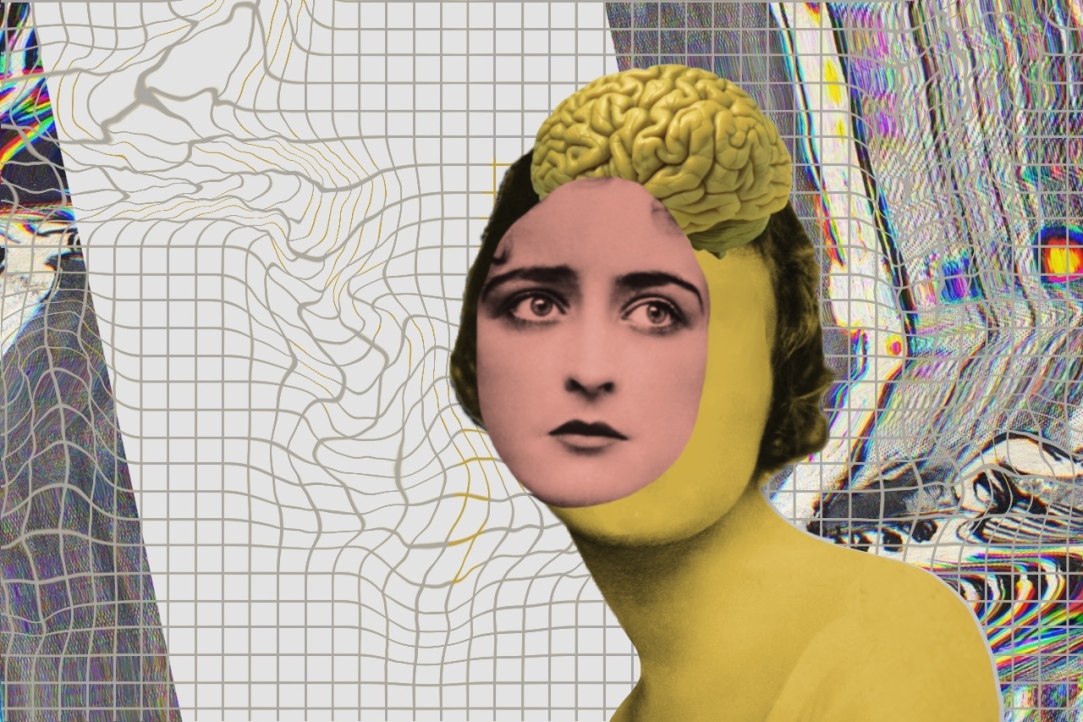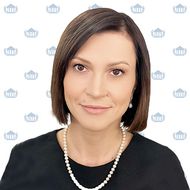Scientists from HSE and Adyghe State University Enhance Research at the Intersection of Linguistics and Medicine

Adyghe State University has opened a laboratory of experimental linguistics. Olga Dragoy, Chief Research Fellow at the Center for Language and Brain, will be the laboratory’s academic supervisor and consultant. The laboratory will study the psycho- and neuro-linguistic mechanisms of functioning of the national languages of Russia, both on-site and during scientific expeditions.
The HSE Center for Language and Brain began its cooperation with researchers from Adyghe State University two years ago, when Olga Dragoy invited them to conduct joint research into the Adyghe language.

Olga Dragoy
‘The Adyghe language is very interesting in terms of its structural characteristics. It is a polysynthetic language, like Chukchi or West Greenlandic, and it’s arranged completely differently from Russian and many other languages to which we are accustomed. Sentences in this language are structured around the verb, and in the most extreme cases, all other parts of speech and other words are kind of “inserted” into the verb. It turns out that one sentence represents one word,’ explains Olga Dragoy.
Researchers from the HSE Center for Language and Brain have taken an interest in the mechanisms of reading in polysynthetic languages; unlike the mechanisms of reading in Russian and other more common languages, no one has ever studied them. ‘We took a video oculograph—a device for registering eye movements—and together with our colleagues from Adyghe State University, we studied how adults and children read in the Adyghe language. After collecting some data, we returned to Moscow and started planning the next trip for next year,’ says Olga Dragoy.
As part of the HSE Development Programme until 2030, the university supports the development of regional education systems and regional universities, including Adyghe State University. ‘Our natural research aspirations coincided with university-wide ones,’ says Olga Dragoy. ‘The prospects of our cooperation were discussed at the management level, and at the end of 2022, the Laboratory of Experimental Linguistics was established at Adyghe State University. I was appointed the academic supervisor and consultant at the lab, and it’s a great honour for me.’
Susanna Makerova, Professor at Adyghe State University and specialist in expressive syntax, cognitive linguistics and discourse theory, was named head of the laboratory. The laboratory’s staff includes linguists, an Adyghe language specialist, a psychologist and a mathematician. Together with their Moscow colleagues, they are conducting a series of experimental linguistic studies into the Adyghe language and Russian-Adyghe bilingualism, creating clinical diagnostic tests in the Adyghe language. The laboratory’s first scientific seminar was held on February 8, 2023, the Day of Science.

In the summer the researchers plan to organise a scientific expedition to an Adyghe aul (village), during which they will use complex experimental equipment for the first time. The research will involve the people who speak the Adyghe language most often. ‘I hope that we will set the trend for field psycholinguistic research in Russia,’ says Olga Dragoy.
In the autumn, the researchers plan to launch an interuniversity track on experimental psycho- and neuro-linguistics.
The HSE Center for Language and Brain and its colleagues from Adyghe State University have launched a Telegram channel about the languages of the Caucasus. There, they post news about the development of experimental linguistics in this region.

